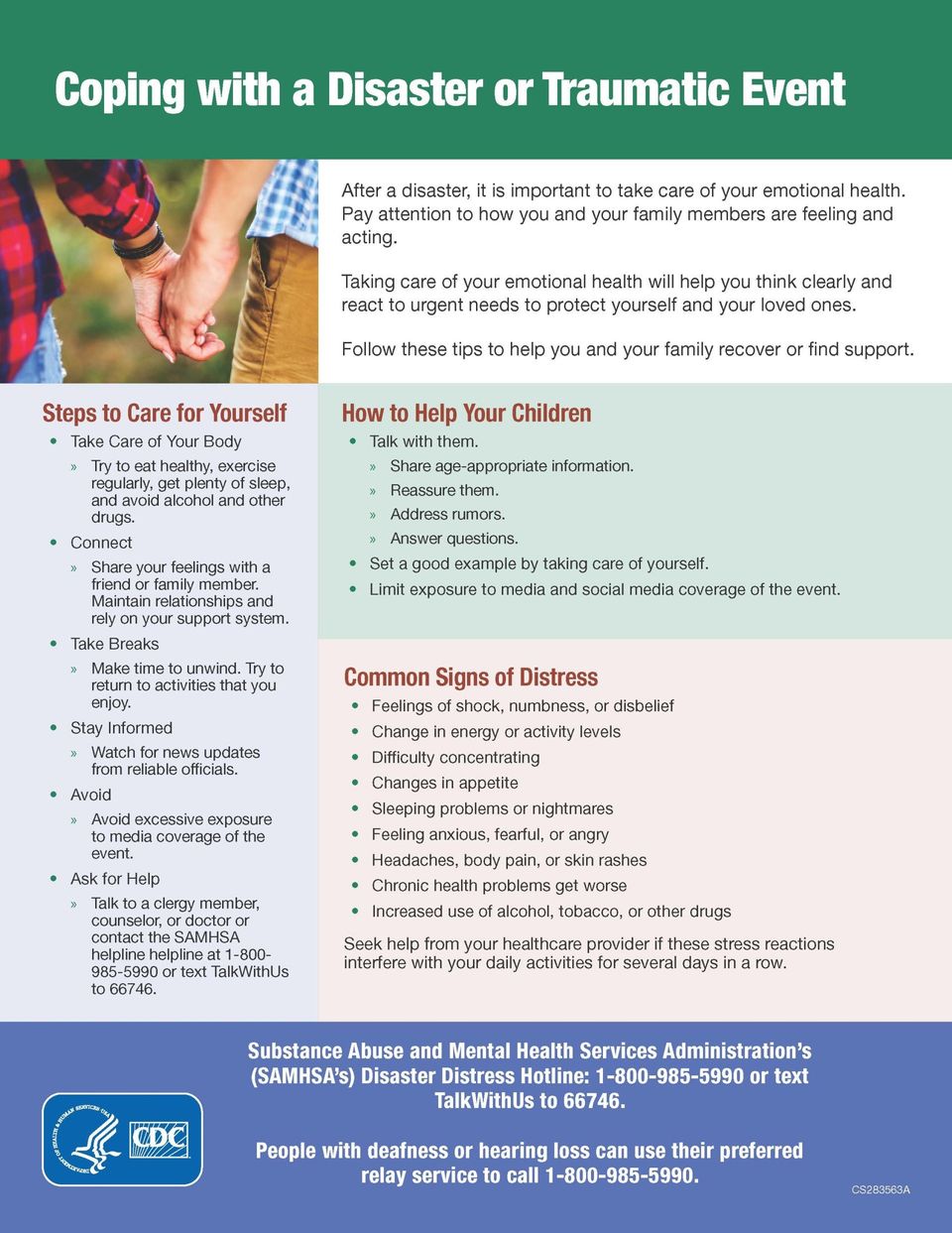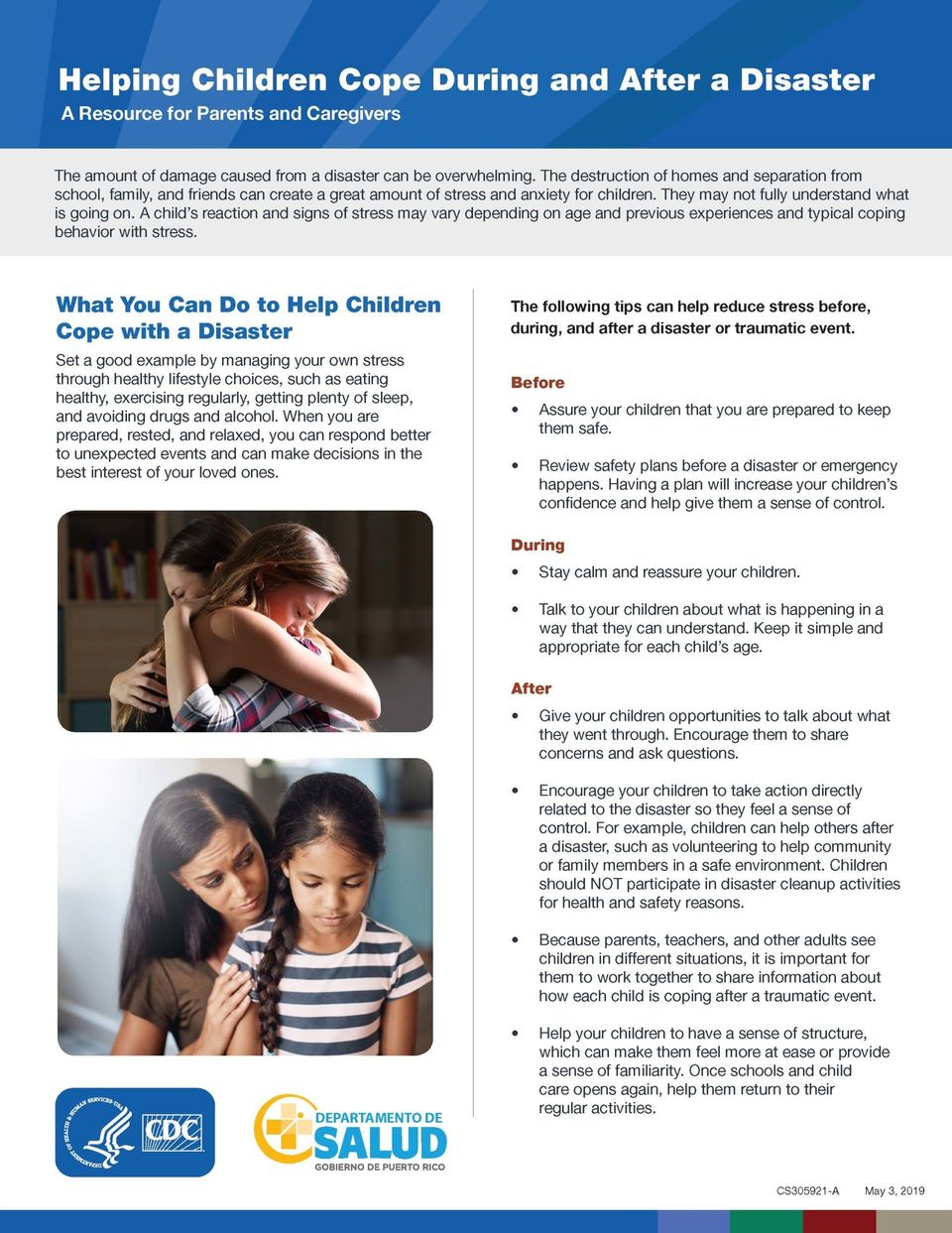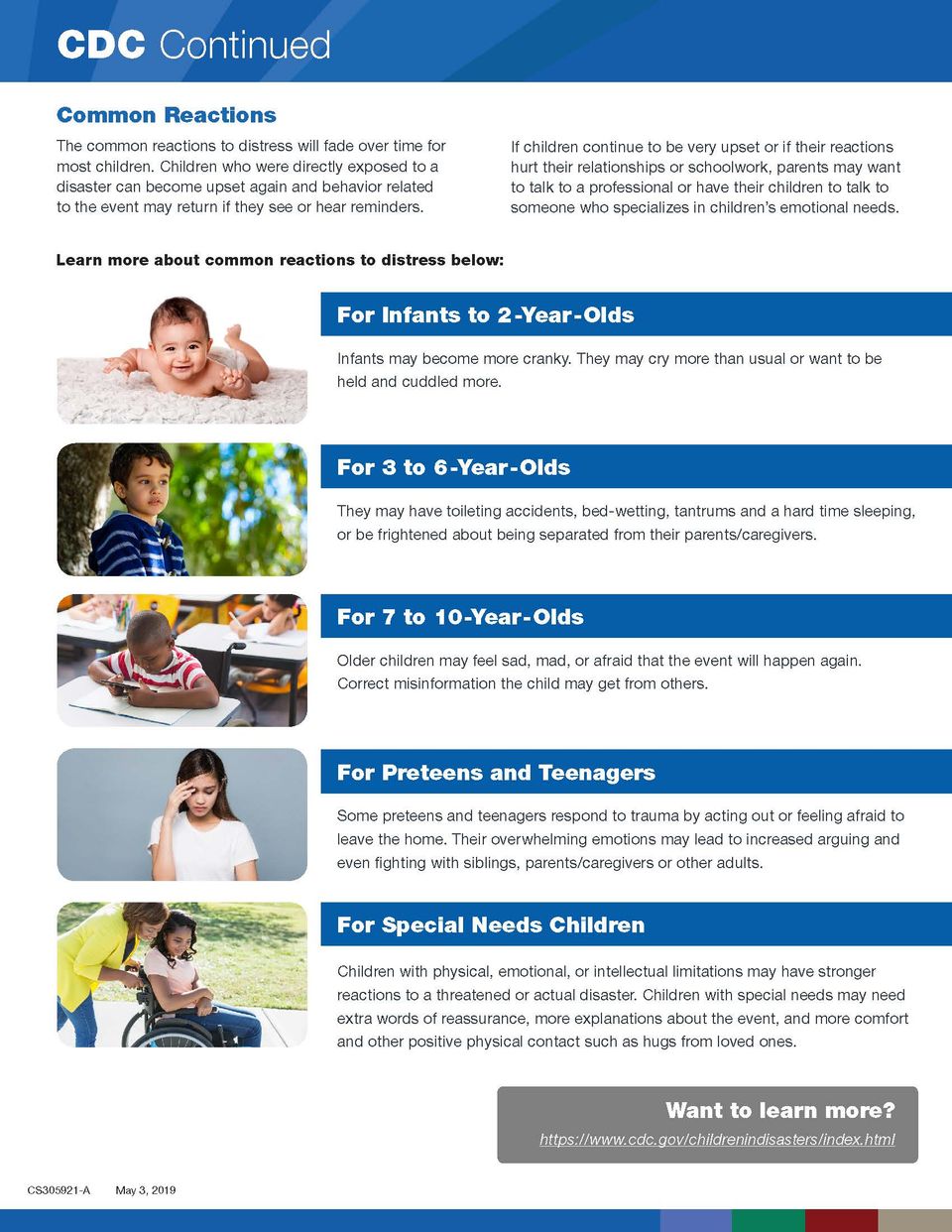Have Questions about COVID-19 ?
March 19, 2020
Questions or Concerns about COVID-19? What is real news? What is fake news?
Aloha!
With the ongoing and evolving COVID-19 pandemic it is important that we all stay informed and aware. But what is real information? What is fake information? We at TSR just like you have been monitoring the situation very closely and here we will list some information and links to help you be better informed.
Who is at highest risk for getting very sick from COVID-19?
I have asthma. If I get COVID-19, am I more likely to become seriously ill?
I live with my children and grandchildren. What can I do to reduce the risk of getting sick when caring for my grandchildren?
What can I do to keep my immune system strong?
With the ongoing and evolving COVID-19 pandemic it is important that we all stay informed and aware. But what is real information? What is fake information? We at TSR just like you have been monitoring the situation very closely and here we will list some information and links to help you be better informed.
Harvard Medical Schools: https://www.health.harvard.edu/diseases-and-conditions/coronavirus-resource-center
State of Hawaii Department of Health COVID-19 Daily Updates: https://health.hawaii.gov/news/covid-19-updates/
World Health Organization COVID-19: https://www.who.int/emergencies/diseases/novel-coronavirus-2019
Center for Disease Control: https://www.cdc.gov/coronavirus/2019-ncov/index.html
FAQ about COVID-19:
How long can the coronavirus stay airborne? I have read different estimates.
State of Hawaii Department of Health COVID-19 Daily Updates: https://health.hawaii.gov/news/covid-19-updates/
World Health Organization COVID-19: https://www.who.int/emergencies/diseases/novel-coronavirus-2019
Center for Disease Control: https://www.cdc.gov/coronavirus/2019-ncov/index.html
FAQ about COVID-19:
How long can the coronavirus stay airborne? I have read different estimates.
A study done by National Institute of Allergy and Infectious Diseases' Laboratory of Virology in the Division of Intramural Research in Hamilton, Montana helps to answer this question. The researchers used a nebulizer to blow coronaviruses into the air. They found that infectious viruses could remain in the air for up to three hours. The results of the study were published in the New England Journal of Medicine on March 17, 2020.
How long can the coronavirus that causes COVID-19 survive on surfaces?
A recent study found that the COVID-19 coronavirus can survive up to four hours on copper, up to 24 hours on cardboard, and up to two to three days on plastic and stainless steel. The researchers also found that this virus can hang out as droplets in the air for up to three hours before they fall. But most often they will fall more quickly.
Who is at highest risk for getting very sick from COVID-19?
Older people, especially those with underlying medical problems like chronic bronchitis, emphysema, heart failure, or diabetes, are more likely to develop serious illness.
In addition, several underlying medical conditions may increase the risk of serious COVID-19 for individuals of any age. These include:
- blood disorders, such as sickle cell disease, or taking blood thinners
- chronic kidney disease
- chronic liver disease, including cirrhosis and chronic hepatitis
- any condition or treatment that weakens the immune response (cancer, cancer treatment, organ or bone marrow transplant, immunosuppressant medications, HIV or AIDS)
- current or recent pregnancy in the last two weeks
- diabetes
- inherited metabolic disorders and mitochondrial disorders
- heart disease, including coronary artery disease, congenital heart disease, and heart failure
- lung disease, including asthma, COPD (chronic bronchitis or emphysema)
- neurological and neurologic and neurodevelopment conditions such as cerebral palsy, epilepsy (seizure disorders), stroke, intellectual disability, moderate to severe developmental delay, muscular dystrophy, or spinal cord injury.
I have asthma. If I get COVID-19, am I more likely to become seriously ill?
Yes, asthma may increase your risk of getting very sick from COVID-19.
I live with my children and grandchildren. What can I do to reduce the risk of getting sick when caring for my grandchildren?
In a situation where there is no choice — such as if the grandparent lives with the grandchildren — then the family should do everything they can to try to limit the risk of COVID-19. The grandchildren should be isolated as much as possible, as should the parents, so that the overall family risk is as low as possible. Everyone should wash their hands very frequently throughout the day, and surfaces should be wiped clean frequently. Physical contact should be limited to the absolutely necessary; as wonderful as it can be to snuggle with Grandma or Grandpa, now is not the time.
I'm taking a medication that suppresses my immune system. Should I stop taking it so I have less chance of getting sick from the coronavirus?
I'm taking a medication that suppresses my immune system. Should I stop taking it so I have less chance of getting sick from the coronavirus?
If you contract the virus, your response to it will depend on many factors, only one of which is taking medication that suppresses your immune system. In addition, stopping the medication on your own could cause your underlying condition to get worse. Most importantly, don't make this decision on your own. It's always best not to adjust the dose or stop taking a prescription medication without first talking to the doctor who prescribed the medication.
I'm older and have a chronic medical condition, which puts me at higher risk for getting seriously ill, or even dying from COVID-19. What can I do to reduce my risk of exposure to the virus?
Anyone 60 years or older is considered to be at higher risk for getting very sick from COVID-19. This is true whether or not you also have an underlying medical condition, although the sickest individuals and most of the deaths have been among people who were both older and had chronic medical conditions, such as heart disease, lung problems or diabetes.
The CDC suggests the following measures for those who are at higher risk:
- Obtain several weeks of medications and supplies in case you need to stay home for prolonged periods of time.
- Take everyday precautions to keep space between yourself and others.
- When you go out in public, keep away from others who are sick, limit close contact, and wash your hands often.
- Avoid crowds.
- Avoid cruise travel and nonessential air travel.
- During a COVID-19 outbreak in your community, stay home as much as possible to further reduce your risk of being exposed.
What can I do to keep my immune system strong?
Your immune system is your body's defense system. When a harmful invader — like a cold or flu virus, or the coronavirus that causes COVID-19 — gets into your body, your immune system mounts an attack. Known as an immune response, this attack is a sequence of events that involves various cells and unfolds over time.
Following general health guidelines is the best step you can take toward keeping your immune system strong and healthy.
- Don't smoke.
- Eat a diet high in fruits, vegetables, and whole grains.
- Take a multivitamin if you suspect that you may not be getting all the nutrients you need through your diet.
- Exercise regularly.
- Maintain a healthy weight.
- Control your stress level.
- Control your blood pressure.
- If you drink alcohol, drink only in moderation (no more than one to two drinks a day for men, no more than one a day for women).
- Get enough sleep.
- Take steps to avoid infection, such as washing your hands frequently and trying not to touch your hands to your face, since harmful germs can enter through your eyes, nose, and mouth.
Share this post
Show More











